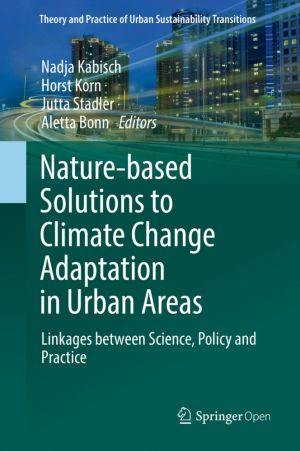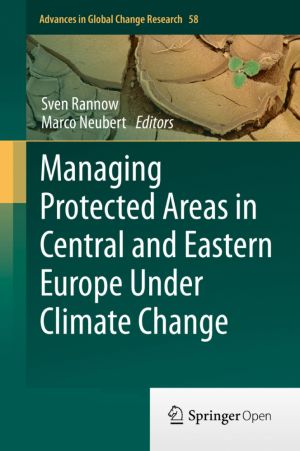Grey Area
Regulating Amsterdam's Coffeeshops
by Scott Jacques
DescriptionTable of ContentsDetailsHashtagsReport an issue
In Grey Area, Scott Jacques examines the regulations with a huge stash of data, which he collected during two years of fieldwork in Amsterdam. How do coffeeshop owners and staff obey the rules? How are the rules broken? Why so? To what effect? The stories and statistics show that order in the midst of smoke is key to Dutch drug policy, vaporising the idea that prohibition is better than regulation. Grey Area is a timely contribution in light of the blazing reform to cannabis policy worldwide. 






Book Description
Coffeeshops are the most famous example of Dutch tolerance. But in fact, these cannabis distributors are highly regulated. Coffeeshops are permitted to break the law, but not the rules. On the premises, there cannot be minors, hard drugs or more than 500 grams. Nor can a coffeeshop advertise, cause nuisance or sell over five grams to a person in a day. These rules are enforced by surprise police checks, with violation punishable by closure.In Grey Area, Scott Jacques examines the regulations with a huge stash of data, which he collected during two years of fieldwork in Amsterdam. How do coffeeshop owners and staff obey the rules? How are the rules broken? Why so? To what effect? The stories and statistics show that order in the midst of smoke is key to Dutch drug policy, vaporising the idea that prohibition is better than regulation. Grey Area is a timely contribution in light of the blazing reform to cannabis policy worldwide.
This open book is licensed under a Creative Commons License (CC BY). You can download Grey Area ebook for free in PDF format (17.1 MB).
Table of Contents
Introduction
The Law and Rules
Chapter 1
500 Grams
Chapter 2
Advertising
Chapter 3
Minors
Chapter 4
5 Grams
Chapter 5
Hard Drugs
Chapter 6
Nuisance
Conclusion
The Utility of Rules
Book Details
Title
Grey Area
Publisher
UCL Press
Published
2019
Pages
186
Edition
1
Language
English
ISBN13 Digital
9781787355880
ISBN10 Digital
1787355888
PDF Size
17.1 MB
License

Related Books

This book brings together research findings and experiences from science, policy and practice to highlight and debate the importance of nature-based solutions to climate change adaptation in urban areas. Emphasis is given to the potential of nature-based approaches to create multiple-benefits for society.The expert contributions present recommendat...

Bridging the gap between higher education research and policy making was always a challenge, but the recent calls for more evidence-based policies have opened a window of unprecedented opportunity for researchers to bring more contributions to shaping the future of the European Higher Education Area (EHEA). Encouraged by the success of the 2011 fir...

This open book highlights the major outcomes of the fourth edition of the Future of Higher Education - Bologna Process Researchers Conference (January 2020), which has already established itself as a landmark in the European higher education environment. The conference provides a unique forum for dialogue between researchers, experts and policy mak...

As cities develop, more land is converted into impervious surfaces, which do not allow water to infiltrate. Careful urban planning is needed to ensure that the hydrologic cycle and water quality of the catchment areas are not affected. There are techniques that can attenuate peak flow during rain events and reduce the amount of metals, nutrients, a...

Higher education has thrived in Europe for the last three decades supported by the powerful policy narratives of the European construction and knowledge society. The two together called for better-integrated societies with higher economic competitiveness, superior employment, and social cohesion. Extraordinary developments in higher education durin...

Beginning with an overview of data and concepts developed in the EU-project HABIT-CHANGE, this book addresses the need for sharing knowledge and experience in the field of biodiversity conservation and climate change. There is an urgent need to build capacity in protected areas to monitor, assess, manage and report the effects of climate change and...

